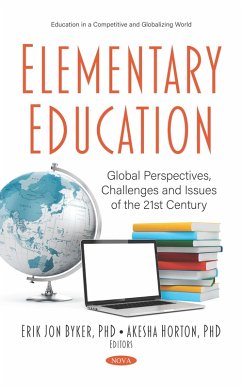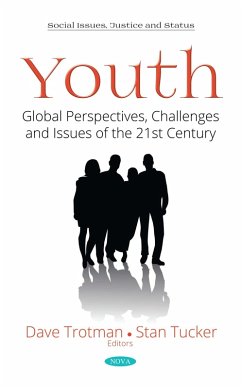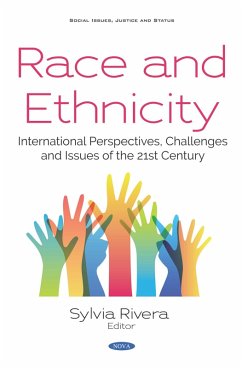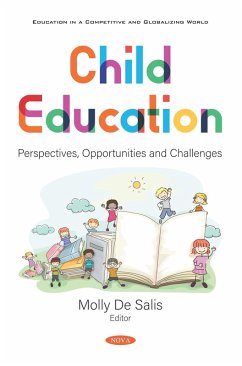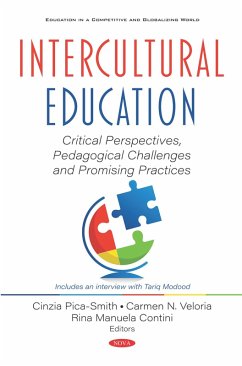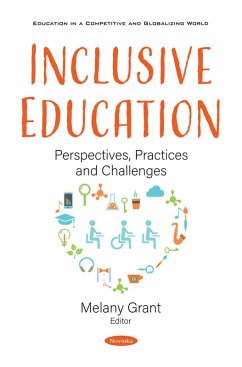Elementary education provides the foundation for a learned and literate global citizenry. Article 26 of the Universal Declaration of Human Rights affirms that everyone has the right to education. Likewise, the document states that elementary education should be free, compulsory, and universally accessible to all children. Parents, leaders, and policymakers recognize the importance of education in developing basic skills. Yet, the purpose of education goes beyond just skill building; the purpose of education, as Paulo Freire asserts, is for emancipation and the development of independent thought and critical awareness. Education is freedom. It is as Nelson Mandela once declared "e;the most powerful weapon to change the world."e; Again, elementary education provides the roots for the world and for our future. Yet, each society situates their systems of elementary education based on their society's cultural values, economic goals, political whims, and socio-historical context. To understand the larger goals of elementary education it is important to have a comparative and international lens, which is provided in this new NOVA Science book titled Elementary Education: Global Perspectives, Challenges and Issues of the 21st Century. The book is co-edited Dr. Erik Jon Byker and Dr. Akesha Horton, both editors are long-time global educators committed to social justice. The purpose of this book is to describe and explain the perspectives, challenges, and issues related to elementary education in this current, twenty-first century global age. The book's authors and the content of the book's chapters represent several countries across the globe including India, Indonesia, Greece, Mexico, the Philippines, South Africa, Spain, and the United States of America. The book is organized into three sections: (1) context, (2) competencies, and (3) content. The context section examines the historical and current context for elementary education from international perspectives. The competencies section focuses on the skills and dispositions necessary for pre-service and in-service teachers to navigate the contours of elementary education in a global age. The content section explores elementary education subject matter-largely in the field of Science, Technology, Engineering, and Mathematics (STEM)-that will continue to eminent throughout the twenty-first century. Elementary Education: Global Perspectives, Challenges and Issues of the 21st Century is a timely book for internationally-minded educators, government leaders, parents, practitioners, and policymakers for gaining deeper insight into the critical role of elementary education in preparing children for our dynamic, interconnected, and globalized world.
Dieser Download kann aus rechtlichen Gründen nur mit Rechnungsadresse in A, B, BG, CY, CZ, D, DK, EW, E, FIN, F, GR, HR, H, IRL, I, LT, L, LR, M, NL, PL, P, R, S, SLO, SK ausgeliefert werden.

